CONTACTO
Responderemos lo antes posible.
Enevia Health, LLC
30 N Gould Ste N, Sheridan, WY 82801,
USA
Posted by ENRIQUE BASURTO
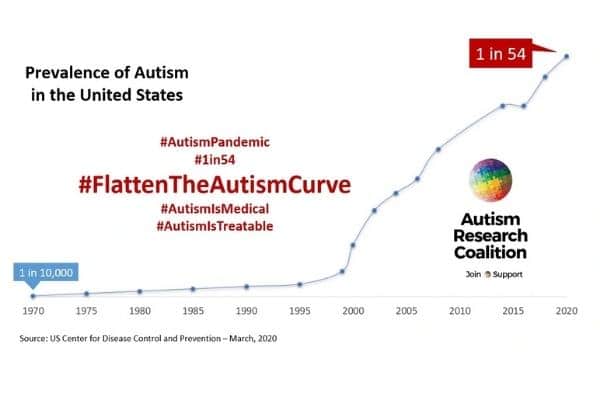
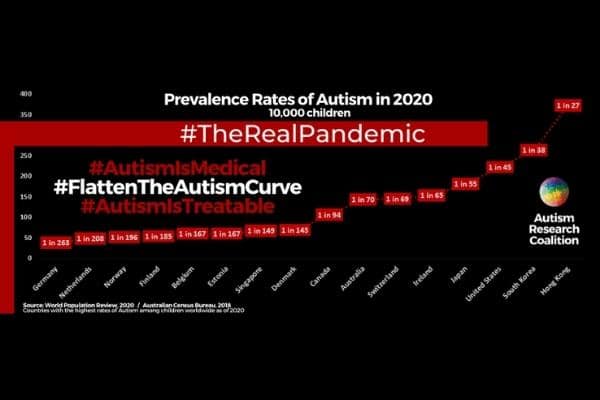
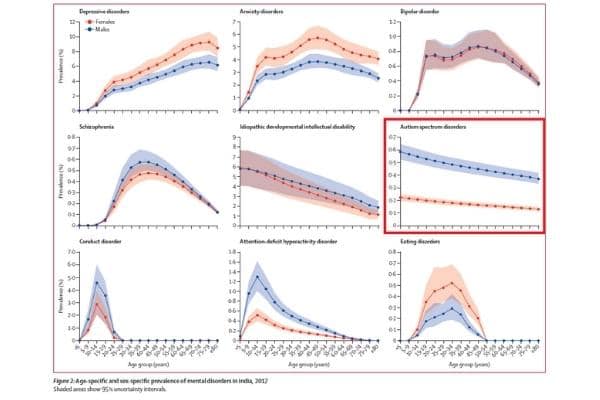
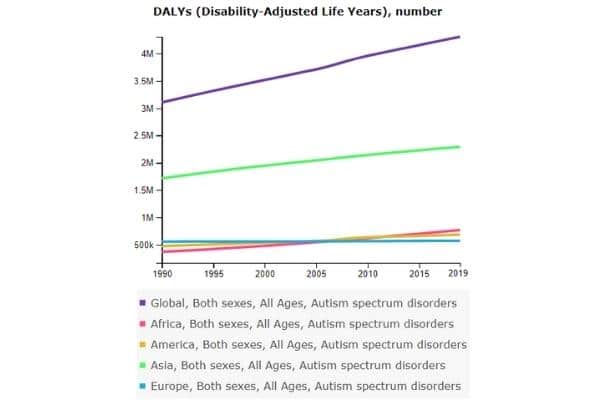
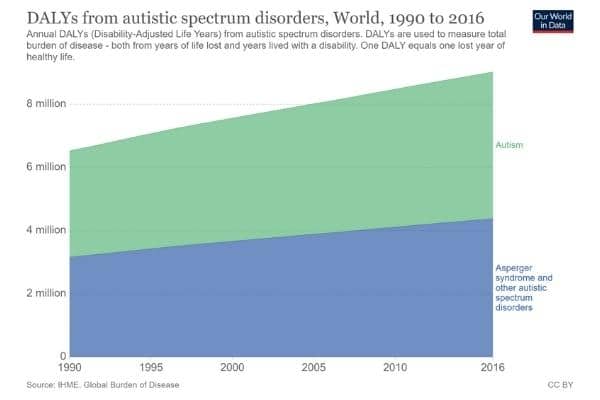
Autism is a medical condition and hence, one that could be potentially treatable.
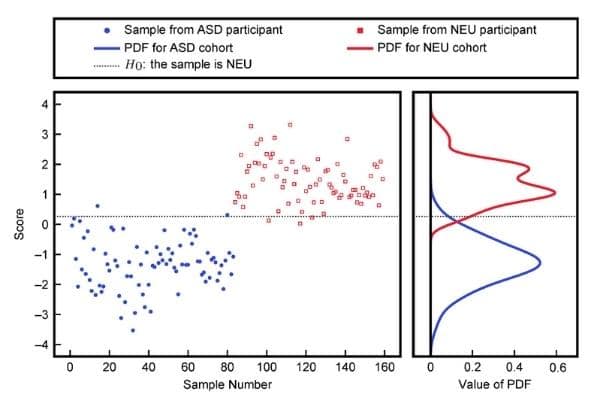
Some people think that we should just accept Autism and that if a child is treated it changes who that kid is. I am still the same person I was, only now I’m happy and can enjoy life. It is hard to understand that children are not receiving proper medical treatment because some people think we should “celebrate Autism.” When doctors believe the medical issues associated with Autism are just part of a “developmental disorder”, children are not treated for the same medical conditions as every other kid. Is that really okay?— Ryan Hinds, Aerospace EngineerExcerpt from the book “I Know You’re in There. Winning our War Against Autism” by Marcia Hinds (2020).
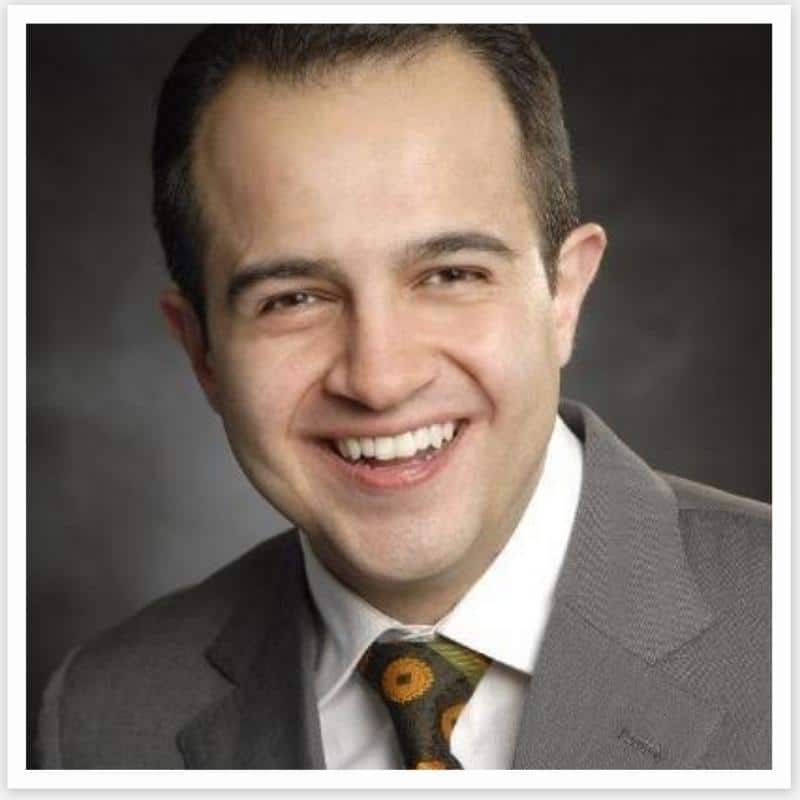
Responderemos lo antes posible.
30 N Gould Ste N, Sheridan, WY 82801,
USA
Nuestros grupos son la plataforma ideal para aprender y compartir tus inquietudes científicas sobre los temas de neurodesarrollo
*Nuestro fin es informativo únicamente, no se pretende sustituir el asesoramiento, el diagnóstico o el tratamiento médico.
Estamos trabajando en nuestra web. Para cualquier consulta, puedes comunicarte con nuestro equipo de atención al cliente en atencionalcliente@eneviahealth.com